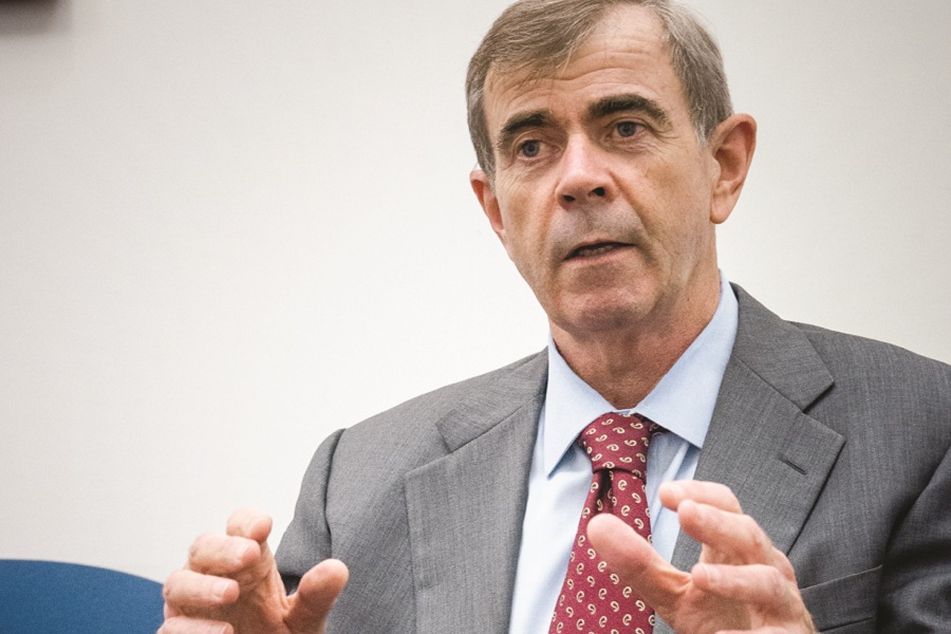Broker-dealers are failing to supervise rogue brokers, says Massachusetts regulator William Galvin
 William Galvin
William Galvin
Only 6% of reps with checkered backgrounds were placed on heightened supervision by their broker-dealers, according to a new report.
Broker-dealers that hire rogue brokers — those with checkered disciplinary records — are failing to properly supervise them, and could be hurting investors because of their lax self-policing standards, according to findings from a recent sweep conducted by the Massachusetts Securities Division.
The division, led by Secretary of the Commonwealth William Galvin, recently conducted an examination of 241 broker-dealers registered in the state. The firms have an above-average number of reps with current misconduct reports on their records.
The findings of the sweep, released Thursday, indicate few of these brokers were placed on heightened supervision, thereby exposing investors to potential harm at the hands of these rogue brokers, according to the report.
“While disclosure incidents can run the gamut of allegations, and not all would necessarily mandate being place on heightened supervision, the numbers my office found raise a strong presumption that certain firms continue to hire bad brokers but are unwilling to take on the obligation of zealously monitoring their interaction with customers,” according to Mr. Galvin.
The report’s release coincides with a broader crackdown on rogue brokers by the Securities and Exchange Commission and its broker-dealer watchdog, the Financial Industry Regulatory Authority Inc.
Finra has increased its use of data to identify brokers with a record of compliance problems and who keep resurfacing at new firms, and is warning brokerages not to rehire them.
In September, the SEC announced it was stepping up scrutiny of registered investment advisory firms employing brokers with disciplinary histories, to ensure they’re being properly supervised.
More than 40% of brokers fired because of misconduct are hired by another firm within a year, according to an academic study published in March. Prior offenders are five times as likely to engage in new misconduct, according to the study.
The Massachusetts sweep, which scrutinized the two-and-a-half-year period between January 2014 and June 2016, found that while almost every brokerage had written policies vetting hired reps, more than 18% of those hired — 8,584 brokers — had disclosure incidents.
In what the report calls its “most troubling finding,” of those brokers, only 6% were placed on heightened supervision — meaning 94% with disclosure incidents didn’t receive heightened monitoring by their broker-dealer.
Brian McNiff, a spokesman for Mr. Galvin, declined to identify which firms had the most egregious conduct.
He said the study is meant to encourage the firms to self-police, and that Mr. Galvin isn’t bringing action against brokerages based on the report’s findings. However, the information gathered could result in more attention being paid to some of the brokerages, Mr. McNiff said.
In early December, Mr. Galvin sued LPL Financial, the nation’s largest independent broker-dealer, for “paper-thin compliance” regarding supervision of a top-producing broker who is alleged to have sold retirees unsuitable variable annuities.
Learn more about reprints and licensing for this article.








